
Lorem ipsum dolor sit amet, consect etuer adipiscing elit, sed diam nonumm.

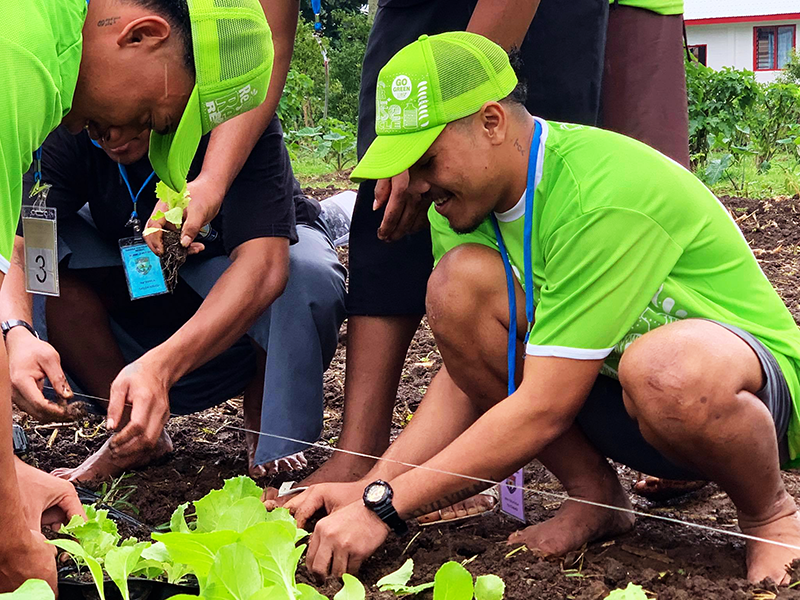
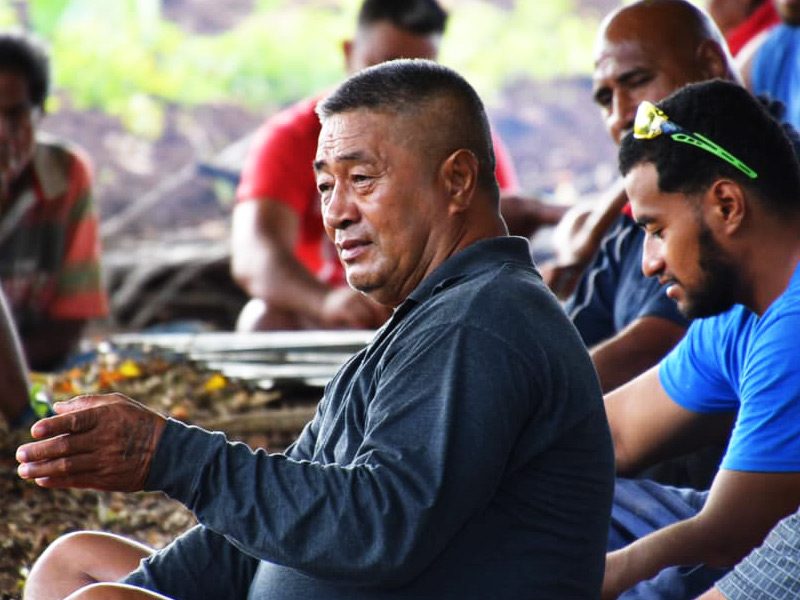
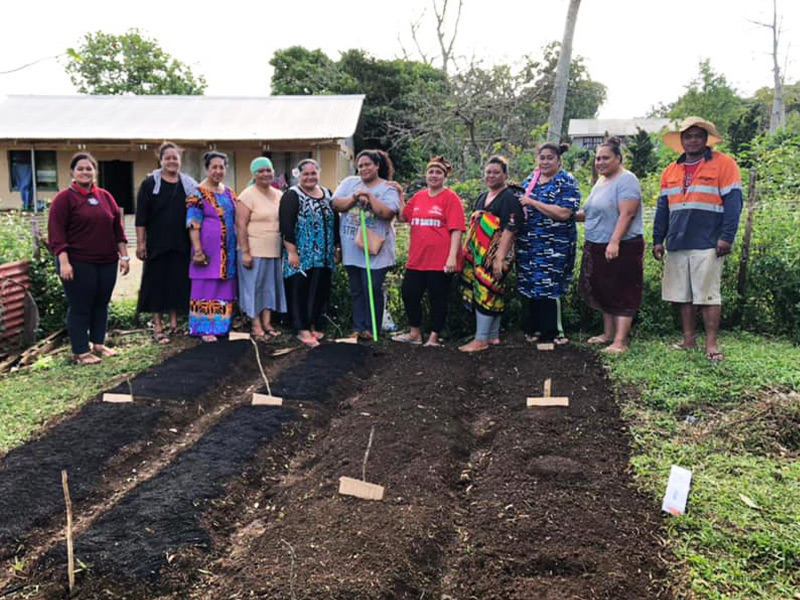
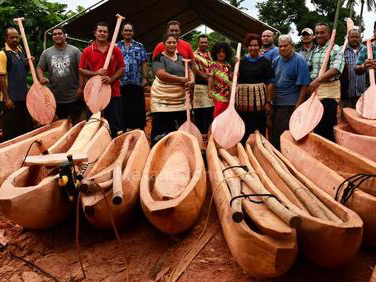
Since 2007, the Mainstreaming of Rural Development Innovation (MORDI) in Tonga has been funded by the International Fund for Agricultural Development (IFAD). Additional funding came in from the New Zealand Aid Programme (NZAP) in 2010.
The inception of the National focal point for Tonga began with the support of the National Host NGO1 of the programme at the time. And with the establishment of the MORDI TT as a Non- Government Organisation, the subsequent recruitment of the National Programme Coordinator and the National Training Monitoring and Evaluation Officer unfolded in the prompt identification and selection of the 22 target communities and 3 districts for the implementation of the Tonga Programme.
The goal of the programme continued with the attempt to “contribute to sustainable, improved livelihoods of vulnerable communities, especially women and youth, living in remote rural areas of Tonga, in line with the Millenium Development Goals”. Relevant programmes were designed with four main components which will contribute to the reduction of rural poverty by enabling rural communities to enhance their livelihood opportunities and reduce their vulnerability.
The three inter-related components being (1) Community Empowerment; (2) Economic Empowerment; and (3) Learning, Sharing and Upscaling. The fourth component includes the provision of resources to enable effective implementation and the monitoring of the project.
At the end of the MORDI programme in 2011, IFAD continued to expand its partnership with MORDI Tonga Trust in fighting against poverty to improve livelihoods, starting with the most vulnerable communities.
MORDI has since expanded its operations to cover Tonga Rural Innovation Project (TRIP) I, where target communities were 60, reaching 2,800 households and reaching 16,901 people. The project solely focused on community development and as such was able to deliver to the Tongan government 60 Community Development Plans that were endorsed.
TRIP II began its operations in 2018 and has doubled its target communities reaching 122 rural communities, reaching 7,300 households, 39,300 people. TRIP II has two components of which are Community Development and Sustainable Economic Livelihoods.
MORDI Tonga engages rural, remote and isolated outer islands that is in mainland Tongatapu, ‘Eua, Ha’apai islands, Vava’u islands, Niuafo’ou and Niuatoputapu.

(Faitotonu)
(Falala'anga mo faka'apa'apa)
(Fakaivia)
(Tu'uloa)
We create projects that not only generate income, but are also sustainable, efficient and effective . We see this as having a direct hand in alleviating poverty in remote rural communities. Educating women in how to provide proper nutrition for their families, proper hygiene and managing the household budget is identified as a vital element in achieving our goals.
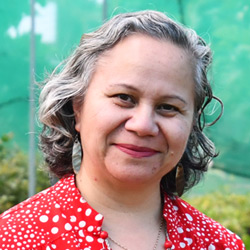
Dr Seu’ula Johannson Fua is the Chair of the Board of Trustees and is currently the Director of USP Institute of Education with an extensive background in research and leadership in education, specializing in qualitative and quantitative research skills. She has an extensive background in leadership, management, organizational systems and structures, policy analysis and strategic planning.
Dr Seu’ula Johannson Fua holds a Bachelor of Arts, Bachelor of Education and Diploma in Teaching from the University of Waikato, New Zealand. She also holds a Masters in Educational Administration from University of Toronto, Canada with a PhD in Educational Administration
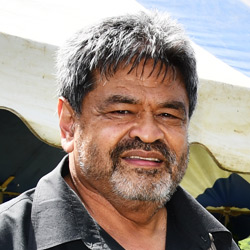
Dr Vili A. Fuavao is the first Pacific Islander to be appointed to the office of Deputy Regional Representative for Asia and the Pacific. He was also appointed FAO Representative for Thailand and Timor-Leste for over 3 years where he led the restructuring of the regional office to align with new 5 strategic objectives of FAO thus reinforcing results-based focus and practical modalities for performance evaluation.
Dr Vili A. Fuavao has over 16 years of experience as the FAO Sub-regional Coordinator and FAO Representative for the Pacific. Prior to that, he was the founding Director General of the independent SPREP, a pacific intergovernmental organization for over 5 years.
Dr Vili A. Fuavao has a wide range of experience in sustainable agriculture development including promotion of sustainable natural resources, harmonization of food security and bio-energy policy development, south-south cooperation, empowering farmers and growers organizations, and promoting project sector involvement in agriculture.

Tony is a New Zealand based rural development economist with over 20 years of experience in the Asia Pacific region. Tony has been involved with MORDI TT for several years, playing a supporting role in the planning and establishment of the independent MORDI Tonga Trust. He has worked in Tonga on a number of occasions, enjoy the people and is a great supported of MORDI Tonga.
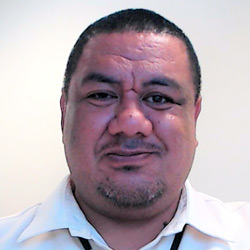
Mr ‘Ofa is Chief Investment Officer with the Retirement Fund Board where his work included managing Fund's Growth and Evolution ensuring it’s processes were robust, evaluate in-house process so asset allocation and manager selection were adaptable, sustainable and performed well. His roles also include being a representative of RFB at the TDB Board.
Kaho has received his Masters in Applied Finance from the fine institution of Victoria University in Wellington, NZ and a Bachelor of Economics and Management from USP. His other roles also include being an Executive Officer in Tonga Chamber of Commerce, Research Officer and Monetary Policy Committee Member in his many years in National Reserve Bank of Tonga.

Ms. Jennifer Tupou is Chief Financial Officer with The Fono delivering quality healthcare to greater Auckland and Northland of NZ. She formerly was the Corporate Finance Manager – Strategy & Reporting at Auckland DHB and an Audit Manager at Audit New Zealand. She is also the Owner and Managing Director of JK Chartered Accountants and former Finance Manager for Tonga Power Ltd and Shoreline Group Limited.
Ms. Jennifer Tupou is a chartered accountant in Australia and New Zealand and holds a Bachelor of Commerce (BCom) and Bachelor of Laws from University of Auckland.

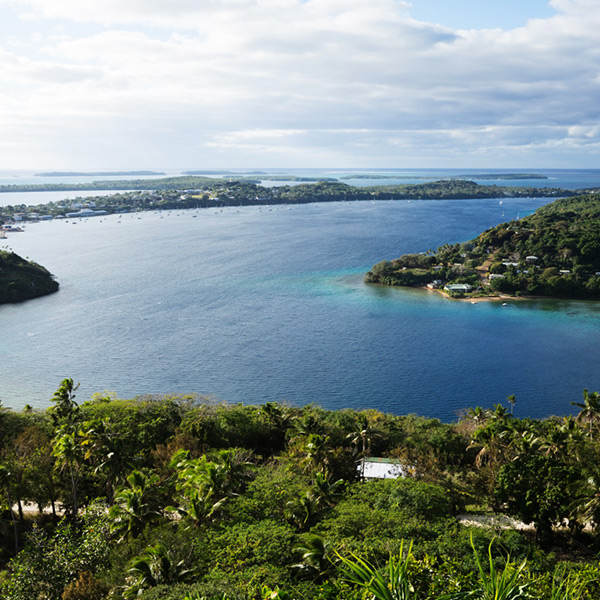
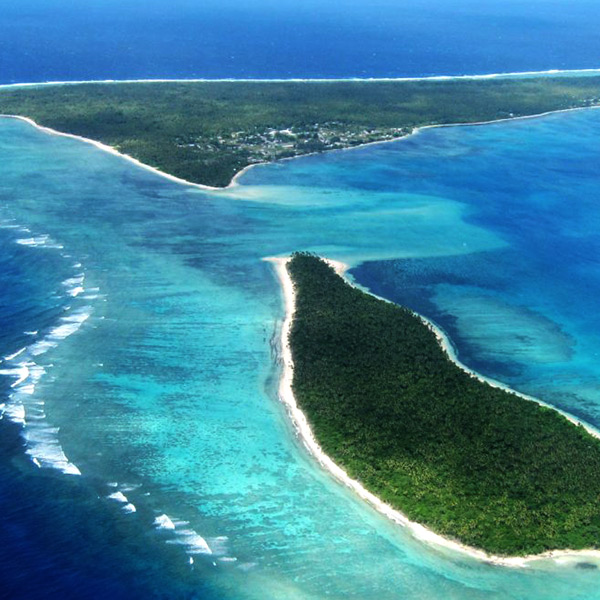
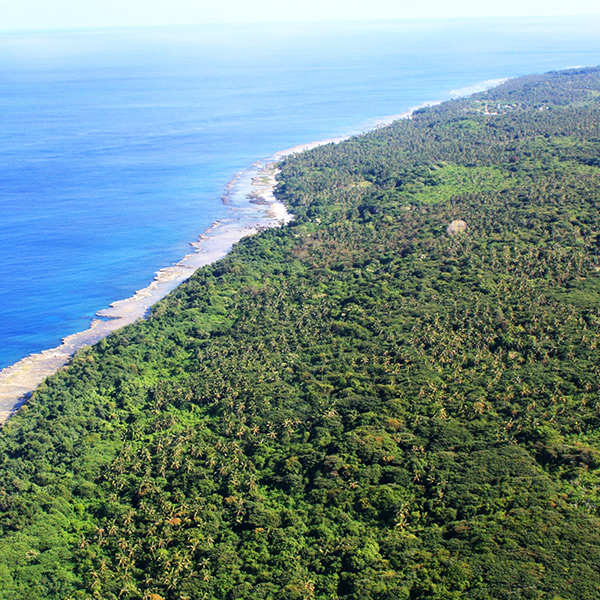
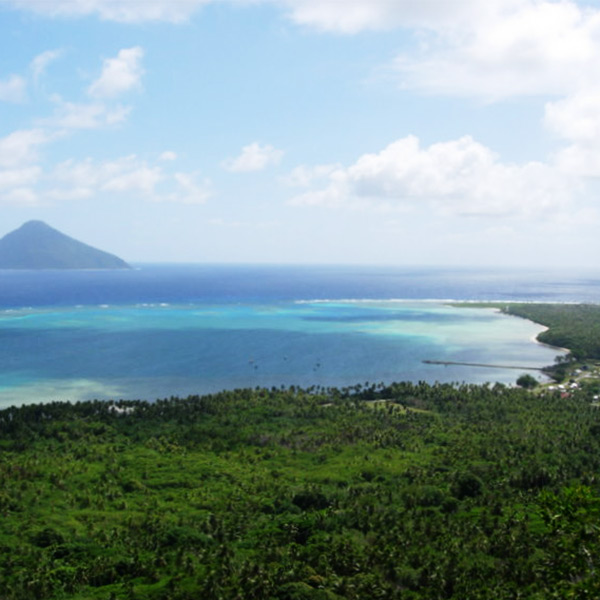

Communities helped
Households assisted
People reached